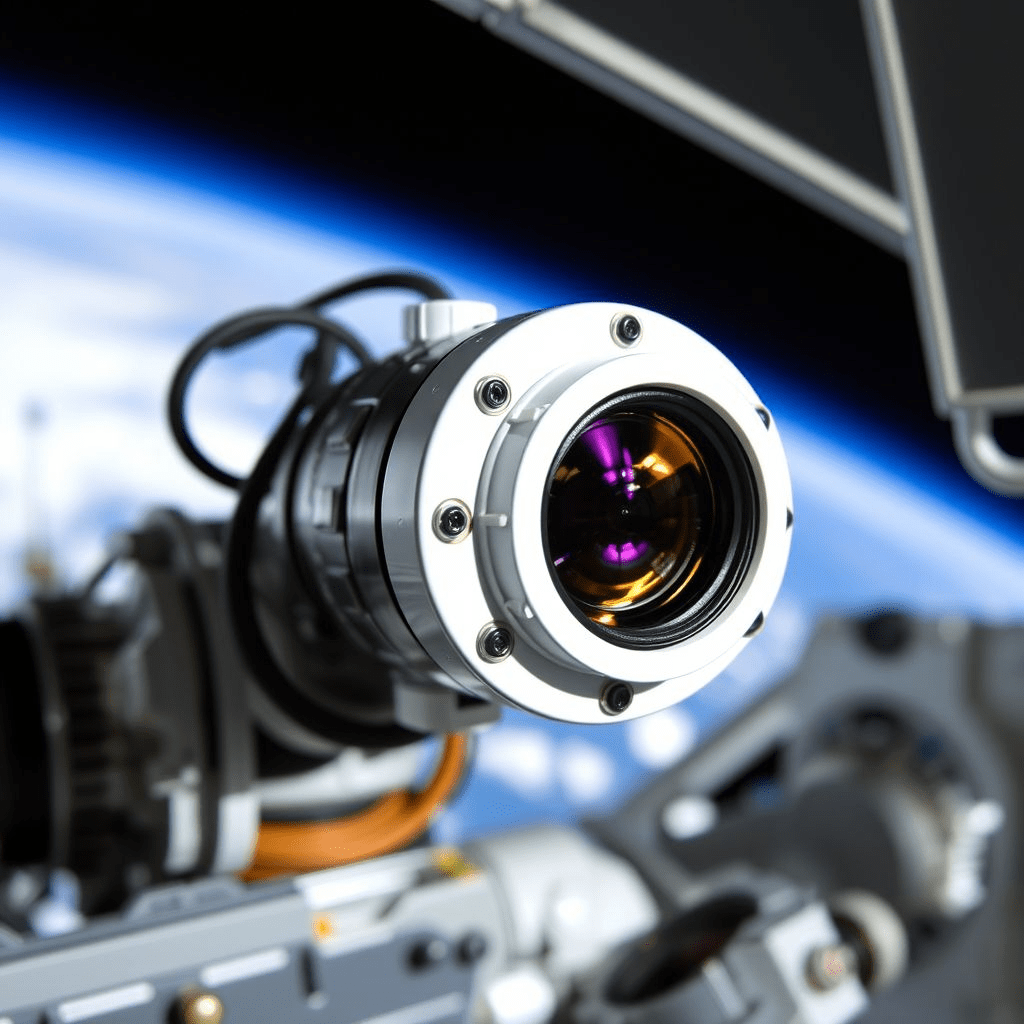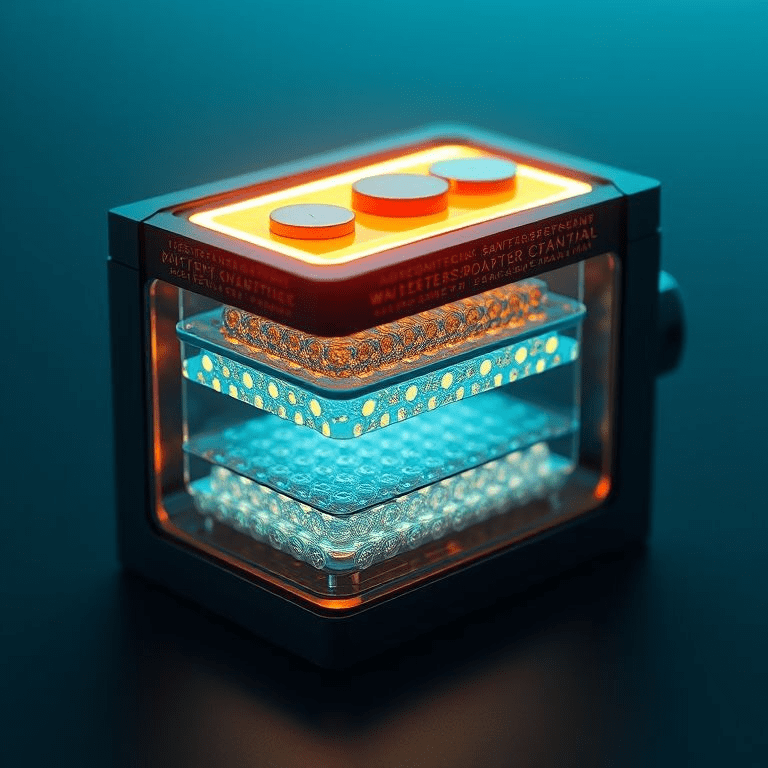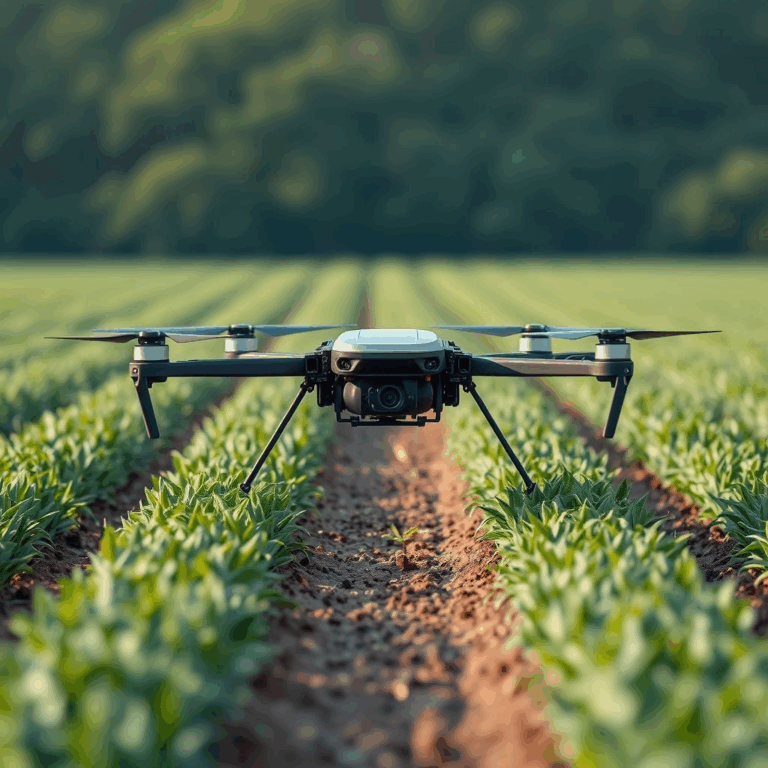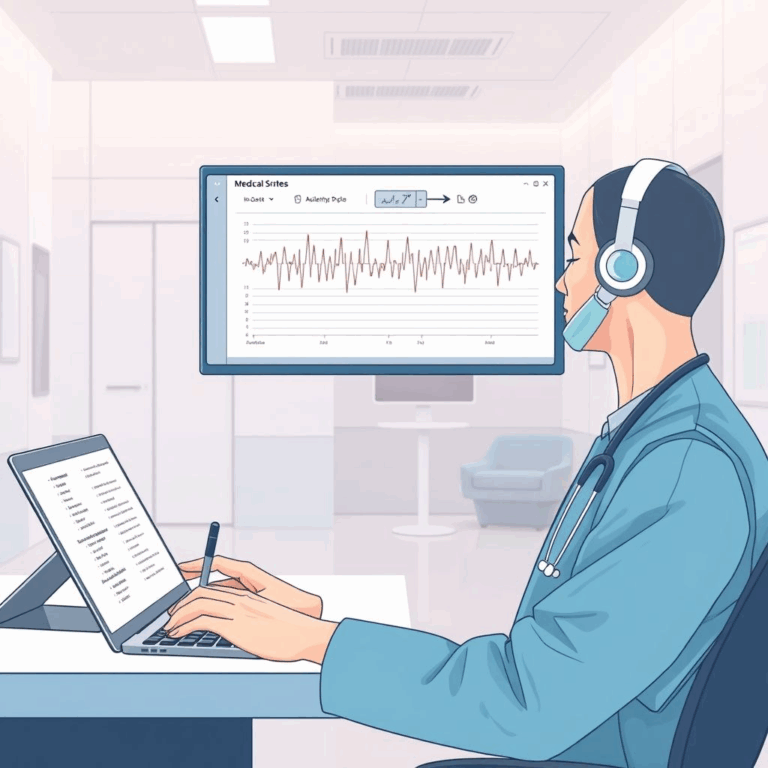Introduction
Pensievision, a Charleston-based imaging startup, is preparing to send its 3D camera with liquid‑tunable lenses to the International Space Station this August. This Pensievision ISS payload represents a first-of-its-kind experiment combining space tech with healthcare research.
Startup Origins
Founded by pediatric cancer specialist Dr. Joe Carson and colleagues, Pensievision originally developed 3D imaging for cervical cancer diagnostics. Now the company is taking its durable, compact tech to zero gravity.
Payload Objectives
The camera aims to test microbial life resilience in space using liquid‑lens tech capable of refocusing dynamically. If successful, it could demonstrate compact, adaptive imaging for remote environments.
Scientific Collaboration
Partnering with the College of Charleston and Chile’s Space and Planetary Exploration Lab, Pensievision finalized payload assembly and coordination with ISS mission planners.
Expert Insight
Dr. Carson said: “Seeing our imaging tech operate in microgravity validates its toughness and opens new frontiers for remote health diagnostics.”
Broader Applications
Beyond scientific R&D, mobile liquid‑lens systems could inform remote medical imaging, telemedicine, and environmental research tools on Earth.
Risks & Preparation
Launching to the ISS carries tight safety and quality standards. Pensievision is conducting rigorous thermal, vibration, and EMI testing before flight.
Expansion Plans
Concurrent to the ISS mission, Pensievision is deploying its camera in Malawi to support cervical cancer screenings—validating dual Earth-space use.
Future Prospects
A successful Pensievision ISS payload could lead to standalone microsatellite systems or deployable modules in future lunar or Mars missions.
Conclusion
Pensievision’s maiden ISS venture combines cancer care origins with space resilience—watch for August’s results to inform imaging tech evolution.







